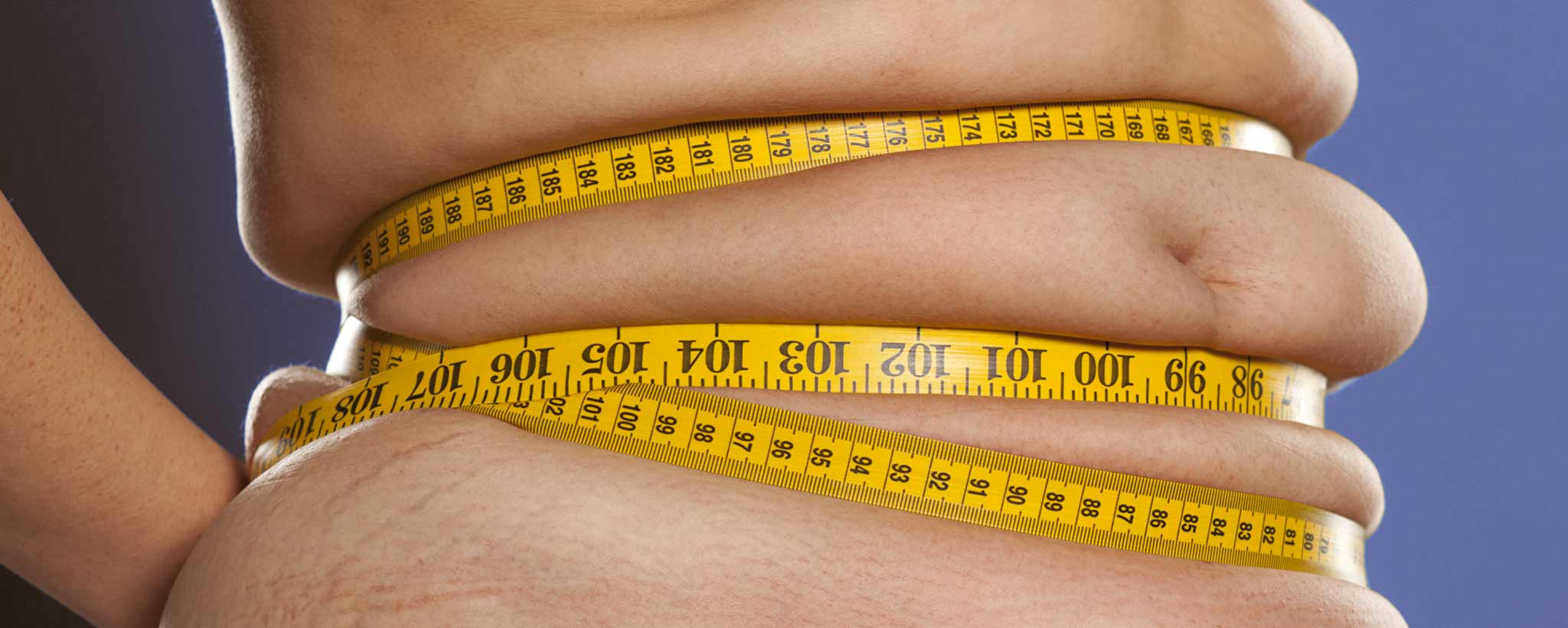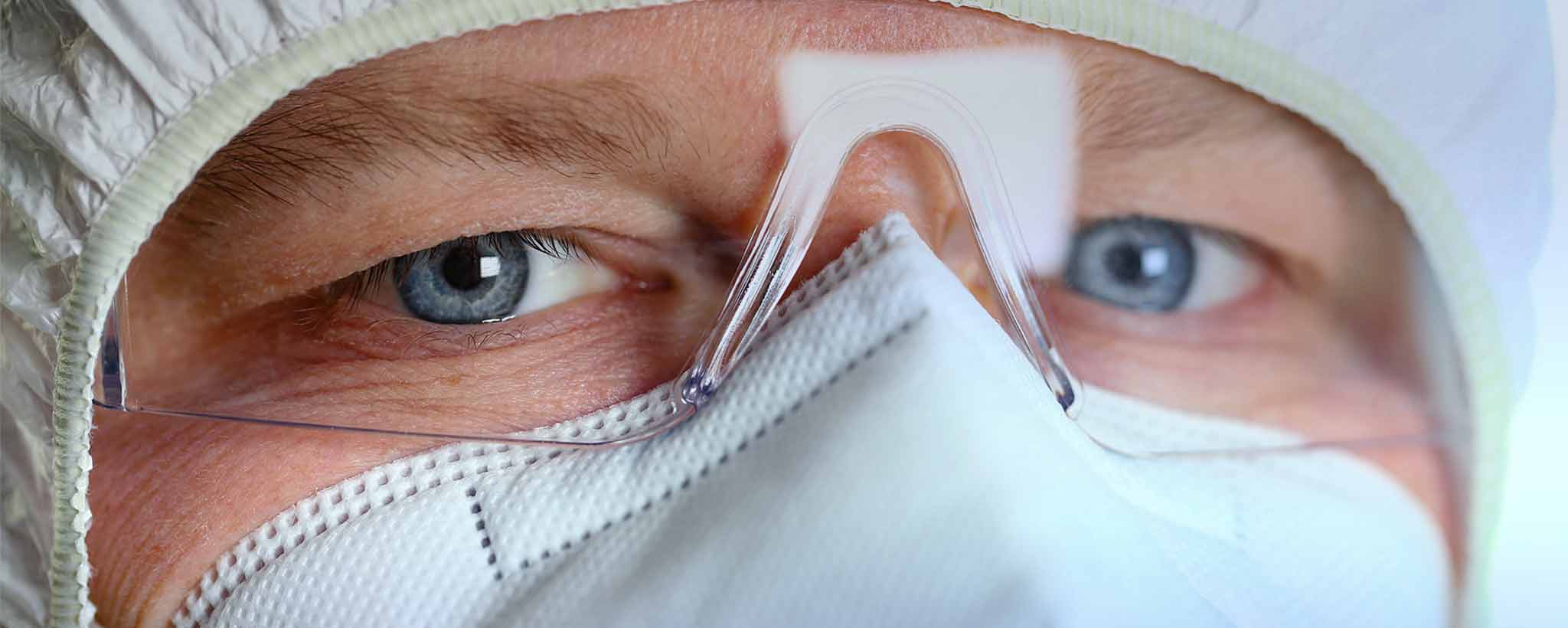Avoid Psychosomatic Coronavirus
Are you fearful or excited about getting out of the house? States are relaxing stay-at-home orders to get the economy back on track. Like being the first to dip your toe in a swimming pool, do you dive in or wait for others to warm up the water? At least until a coronavirus vaccine is widely available, we will be wearing masks when leaving the house.
It is wise to stay informed. But be careful of extremes—either not taking any precautions or jumping to conclusions over a simple cough. Highly publicized outbreaks can lead to mass psychogenic illness, where healthy people misinterpret non-serious bodily sensations as evidence that they have become sick.
There is a tendency to become more fearful of new things (coronavirus) than familiar ones (flu). Psychosomatic means mind (psyche) and body (soma). A psychosomatic, or psychogenic, disorder is a disease that involves both mind and body. Some physical diseases are thought to be particularly prone to be made worse by mental factors such as stress and anxiety. Misdiagnosis can cause hypervigilance, increased anxiety, and extreme safety behaviors.
Thirty percent of the population believe the coronavirus was created in a lab.
Being cooped up for prolonged periods can nurture conspiracy theories. Some people doubt the coronavirus exists. Protestors, defying stay-at-home orders are parading around the streets, waving signs, and honking horns. They feel that the only eminent threat is remaining indoors. On the other extreme, citizens can become paranoid at the site of anyone breathing without a mask—even in an open space like a park or unpopulated neighborhood block. Relax. Take a deep breath.
Wear PPE Properly
As masks become a part of daily life, you must educate yourself with proper donning (application) and doffing (removal) of personal protective equipment (PPE). Many do not take the time to learn, about risk contamination from their PPE.
Wash your hands before and after donning or doffing. Consider the outside of masks like dirty toilet paper. There should be minimal touching of the outside of masks, even when new and clean—mainly to secure fit around the nose and chin. Remove masks with the elastic ear straps.
Protection is only as good as the weakest link. During normal conversation, unseen spittle can spray into your eyes. Eyeglasses prevent some particles. Safety glasses or goggles offer front and side protection. You can wear some models over prescription glasses.
Safe Behaviors
By practicing social distancing or protecting your eyes, nose, and mouth in populated areas, you are ready to explore the great outdoors. Some restaurants are adapting to the challenge with more thorough sanitation, tables spaced further apart, polycarbonate barriers, and personnel wearing PPE. Since communal handling of menus, some restaurants may replace permanent ones with disposable menus or elevated menu boards.
You cannot remain in the house forever. You need to get out for fresh air. It releases feel-good endorphins that help your sanity. An isolated forest or park, surrounded by trees, is a great place for a brisk walk or hike. Pause and take a deep breath. It will keep you fit, calm your mind, and you may even feel A Bit More Healthy.
To support the writing of useful articles about emotions, ClinicalPosters sells human anatomy charts, scientific posters, and other products online. You may sponsor specific articles, become a ClinicalNovellas Member, or remit a small donation.
ClinicalPosters sells human anatomy charts, scientific posters, and other products online to offset expense of the writing useful articles about emotions. Slide extra posters into DeuPair Frames without removing from the wall.
Show your support by donating, shopping for ClinicalPins, becoming a ClinicalNovellas Member, or leaving an encouraging comment to keep the research going.
To support the writing of useful articles about emotions, ClinicalPosters sells human anatomy charts, scientific posters, and other products online. You may sponsor specific articles or remit a small donation.
ClinicalPosters sells human anatomy charts, scientific posters, and other products online to offset expense of the writing useful articles about emotions. Slide extra posters into DeuPair Frames without removing from the wall.
ClinicalPosters sells human anatomy charts, scientific posters, and other products online. You may remit a small donation or become a ClinicalNovellas Member.
You can support the writing of useful articles about emotions by sponsoring specific articles, becoming a ClinicalNovellas Member, or remitting a small donation. Visible content is optimized for device size.







